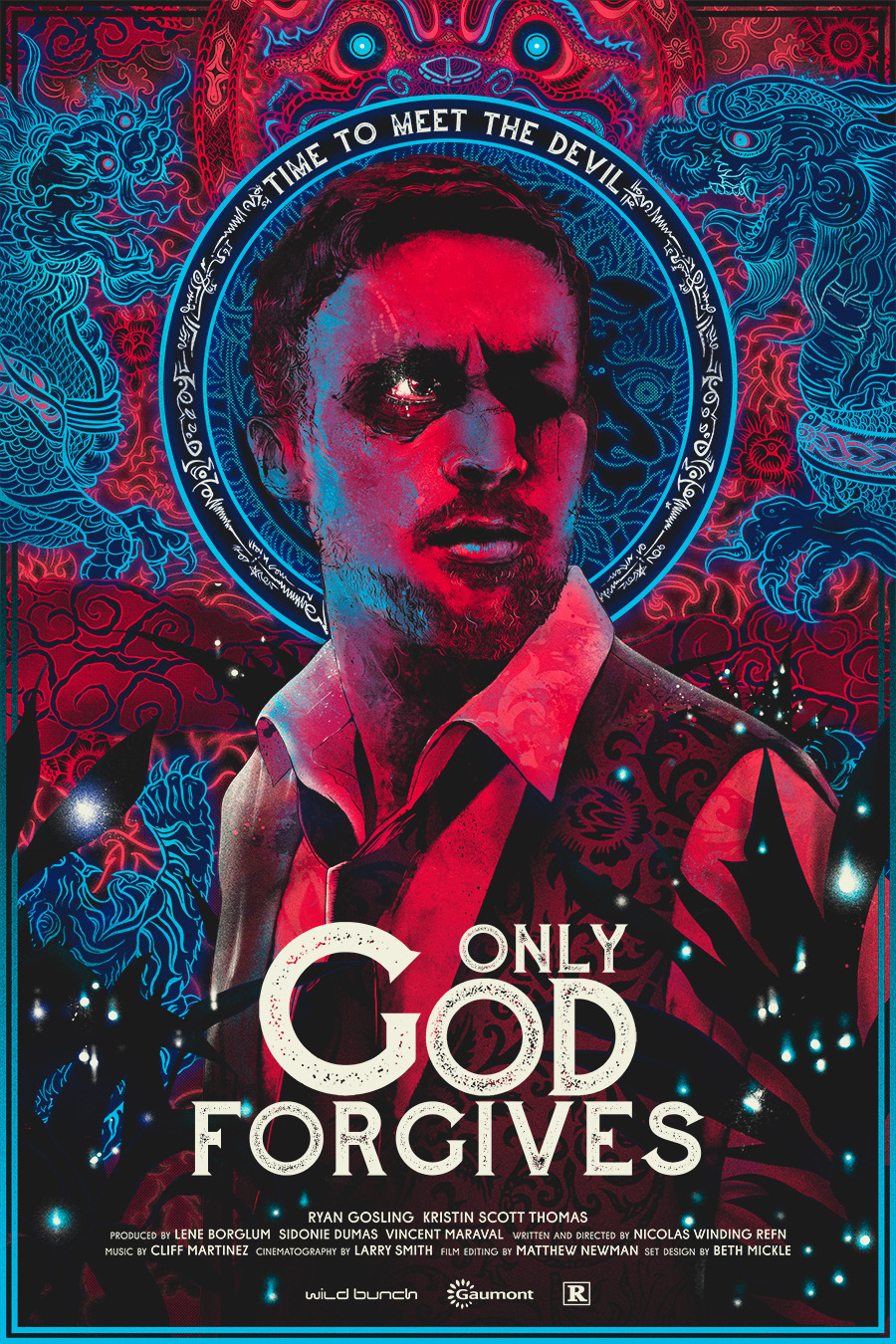— Dietrich Bonhoeffer, born in 1906
Scott Morrison suffers historic defeat as border protection election looms
Sheriff’s use of courtroom camera to view juror’s notebook, lawyer’s notes sparks dismissal of criminal case Seattle Times . Lotta “dog ate my homework” claims from the sheriff
Kleptocracy Is on the Rise - The Atlantic
A and BC are not guilty / Japanese bonsai owners urge thieves to water stolen 400-year-old tree worth $127700
ATO set to crack down on lawyers
The Australian Taxation Office is planning to launch legal action — potentially including criminal ...
Food & Water Watch: Carbon Tax Is a Sham Truthdig. Lee Camp
Plummeting insect numbers ‘threaten collapse of nature’ Guardian
Data is ending up in the hands of bounty hunters and others not authorized to possess it, letting them track most phones in the country – via Motherboard: “…Motherboard’s investigation shows just how exposed mobile networks and the data they generate are, leaving them open to surveillance by ordinary citizens, stalkers, and criminals, and comes as media and policy makers are paying more attention than ever to how location and other sensitive data is collected and sold. The investigation also shows that a wide variety of companies can access cell phone location data, and that the information trickles down from cell phone providers to a wide array of smaller players, who don’t necessarily have the correct safeguards in place to protect that data…”
Former Michaelia Cash staffer sues BuzzFeed, AWU for defamation
NBCNews: “While it’s creepy to imagine companies are listening in to your conversations, it’s perhaps more creepy that they can predict what you’re talking about without actually listening…First, understand that privacy and data are separate things. Your privacy — your first and last name, your Social Security number, your online credentials — is the unit of measure we best understand, and most actively protect. When a bug in FaceTime allows strangers to hear and watch us, we get that, in the same visceral way we can imagine a man snooping outside our window. But your data — the abstract portrait of who you are, and, more importantly, of who you are compared to other people — is your real vulnerability when it comes to the companies that make money offering ostensibly free services to millions of people. Not because your data will compromise your personal identity. But because it will compromise your personal autonomy…
Personal DNA tests might help research – but they put your data at risk
Your DNA contains sensitive information that can be used to make important personal decisions about you and your family members. When you hand over these details to a large database – whoever is building it – you are ultimately risking it being used in ways you can’t foresee and which aren’t always to your benefit.
Your DNA contains sensitive information that can be used to make important personal decisions about you and your family members. When you hand over these details to a large database – whoever is building it – you are ultimately risking it being used in ways you can’t foresee and which aren’t always to your benefit.
Use Your Creativity For… Evil?
Laypersons and academics alike have largely viewed creativity as a positive force, a notion challenged by the philosopher and educator Robert McLaren of California State University, Fullerton in 1993. McLaren proposed that creativity had a dark side, and that viewing it without a social or moral lens would lead to limited understanding. As time went on, newer concepts – negative and malevolent creativity – included conceiving original ways to cheat on tests or doing purposeful harm to others, for instance, innovating new ways to execute terrorist attacks. – AeonHow the Bible is like Franz Kafka | The Book Haven
Franz Kafka said, 'What do I have in common with the Jews? I don't even have anything in common with myself.' This enigmatic expression of estrangement and singularity begins to capture the essence of one of the world's most fascinating authors
… R.T.’s Marginalia : Kafka — a book review
What we believe—whether in ghosts, or God, or our own human worth—doesn’t reflect the world but creates it. It shapes the way we act, and so shapes the environment we act upon. By choosing our beliefs, William once wrote, “we are voting for what sort of universe this shall intimately be.” Belief, in other words, is a form of suffrage. When common sense holds your life to be cheap, claiming “live beliefs” isn’t just an act of faith but an act of political courage.
What we believe—whether in ghosts, or God, or our own human worth—doesn’t reflect the world but creates it. It shapes the way we act, and so shapes the environment we act upon. By choosing our beliefs, William once wrote, “we are voting for what sort of universe this shall intimately be.” Belief, in other words, is a form of suffrage. When common sense holds your life to be cheap, claiming “live beliefs” isn’t just an act of faith but an act of political courage.

5 time thieves and how to beat them

Renewables aren’t to blame for blackouts, says thinktank
ENERGY: The idea that renewable energy has made power supply less reliable "is wrong and dangerous", says the Grattan Institute.
Centrelink stats show dramatic improvement, CPSU calls it a 'con job'
SERVICE DELIVERY: The notoriously long waiting times for Centrelink’s phone lines are “plummeting” after the outsourcing of extra operators, claims minister, but the public sector union says they provide inferior support to public servants.
Marcia Langton: the world is run by those who show up
INSIGHT: In this edited extract of the new book The Change Makers, Professor Marcia Langton tells Shaun Carney that when you do the right thing at the right time, people will later call you a leader.
Making open government real
WEBCAST: What does it take for agencies to be truly open in a world of citizen empowerment? (Partner article).
eBook: Reinventing state and local government digital services
RESOURCES: Governments need to reinvent themselves if they are to remain relevant during this time of fast-changing community needs. This eBook discusses how.
Privacy scholar weighs up two schools of thought on data management
Visiting scholar at the American Enterprise Institute Mark Jamieson weighs up open versus closed information systems, and the complications for policymakers when legislating portability. (Partner link)